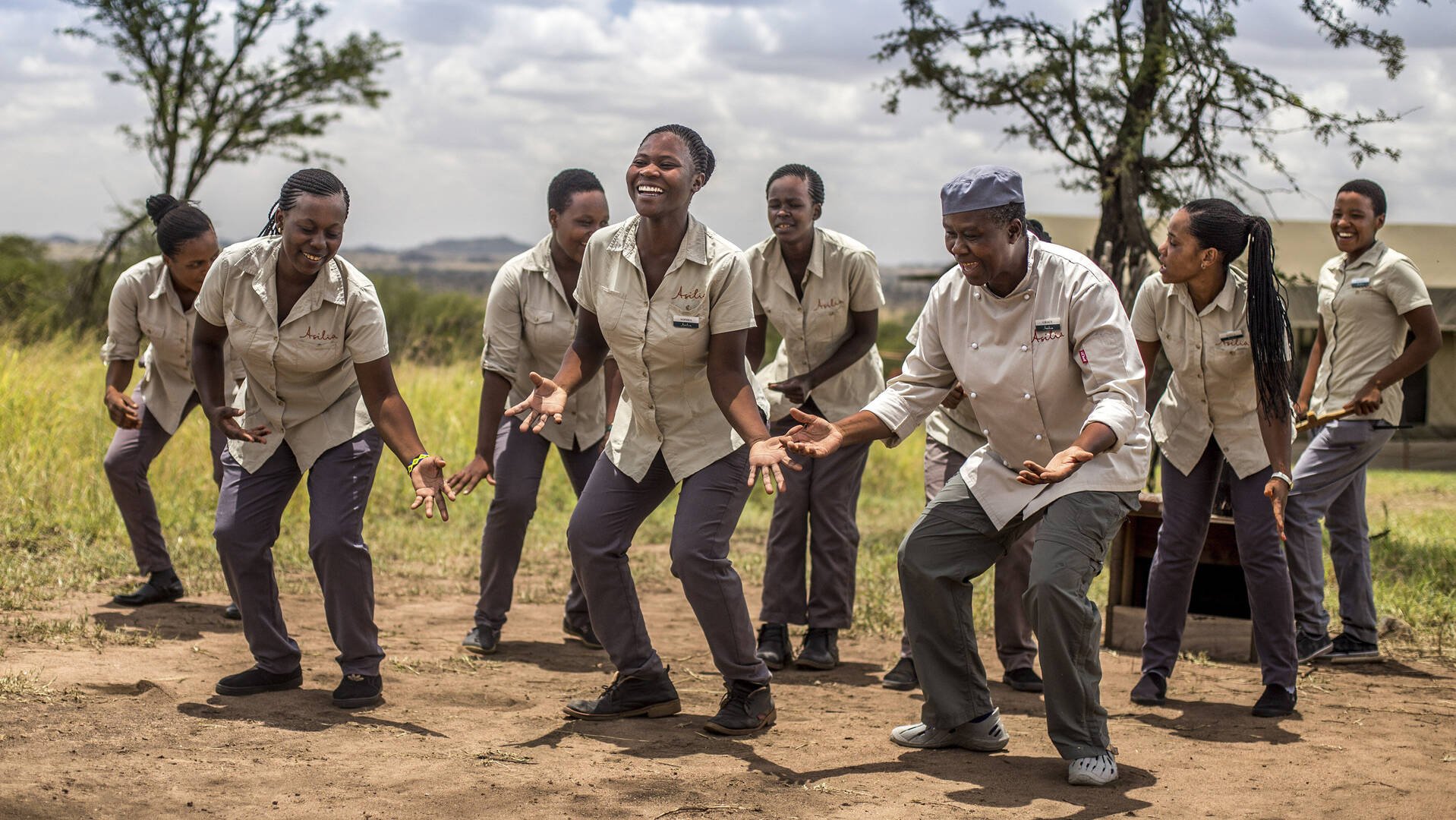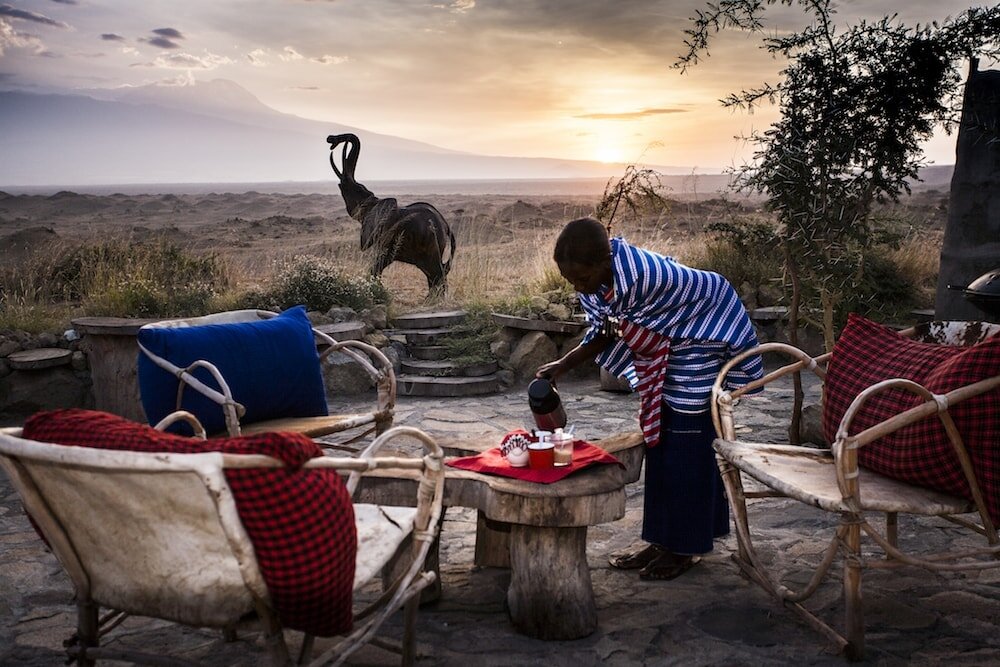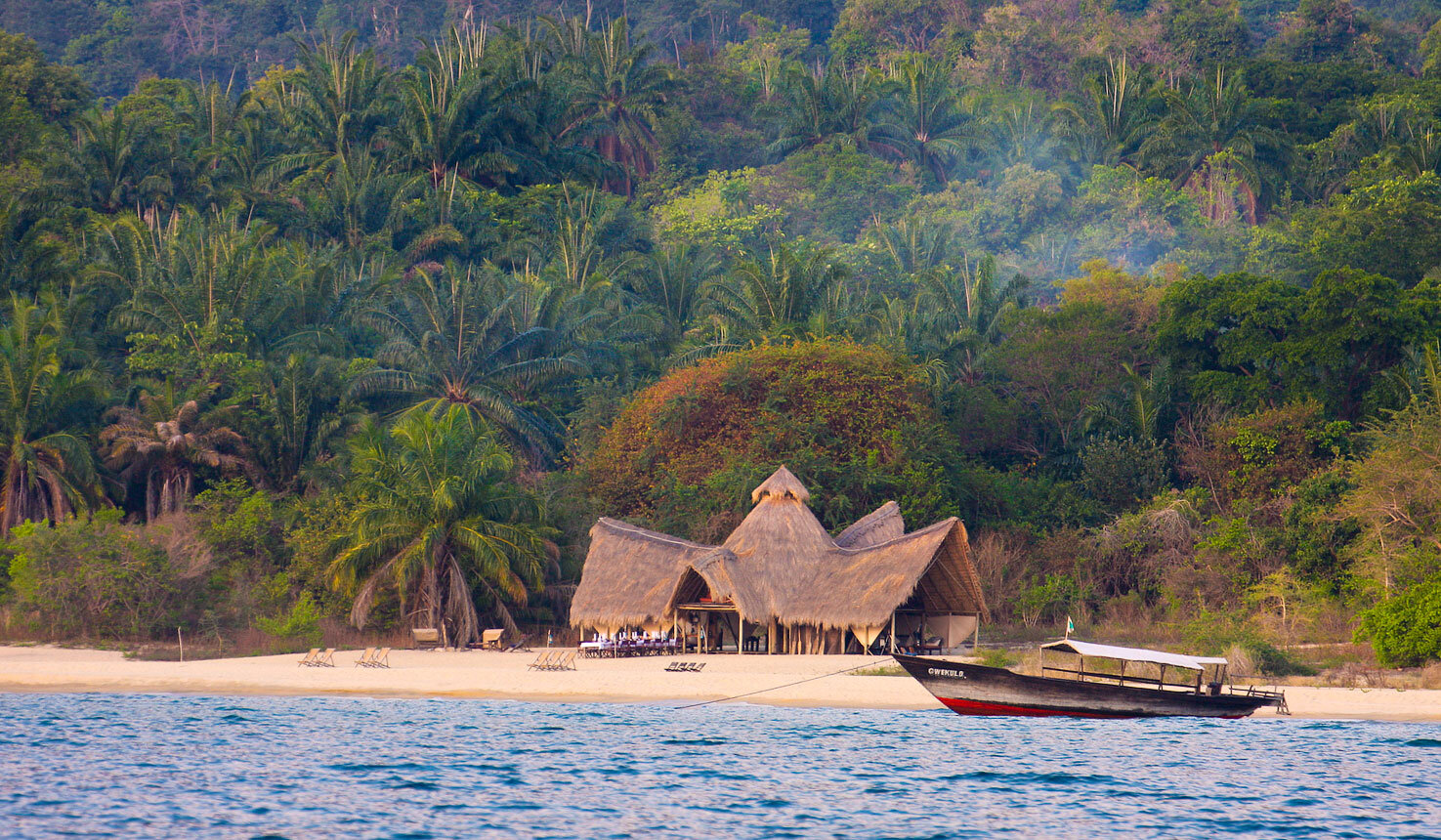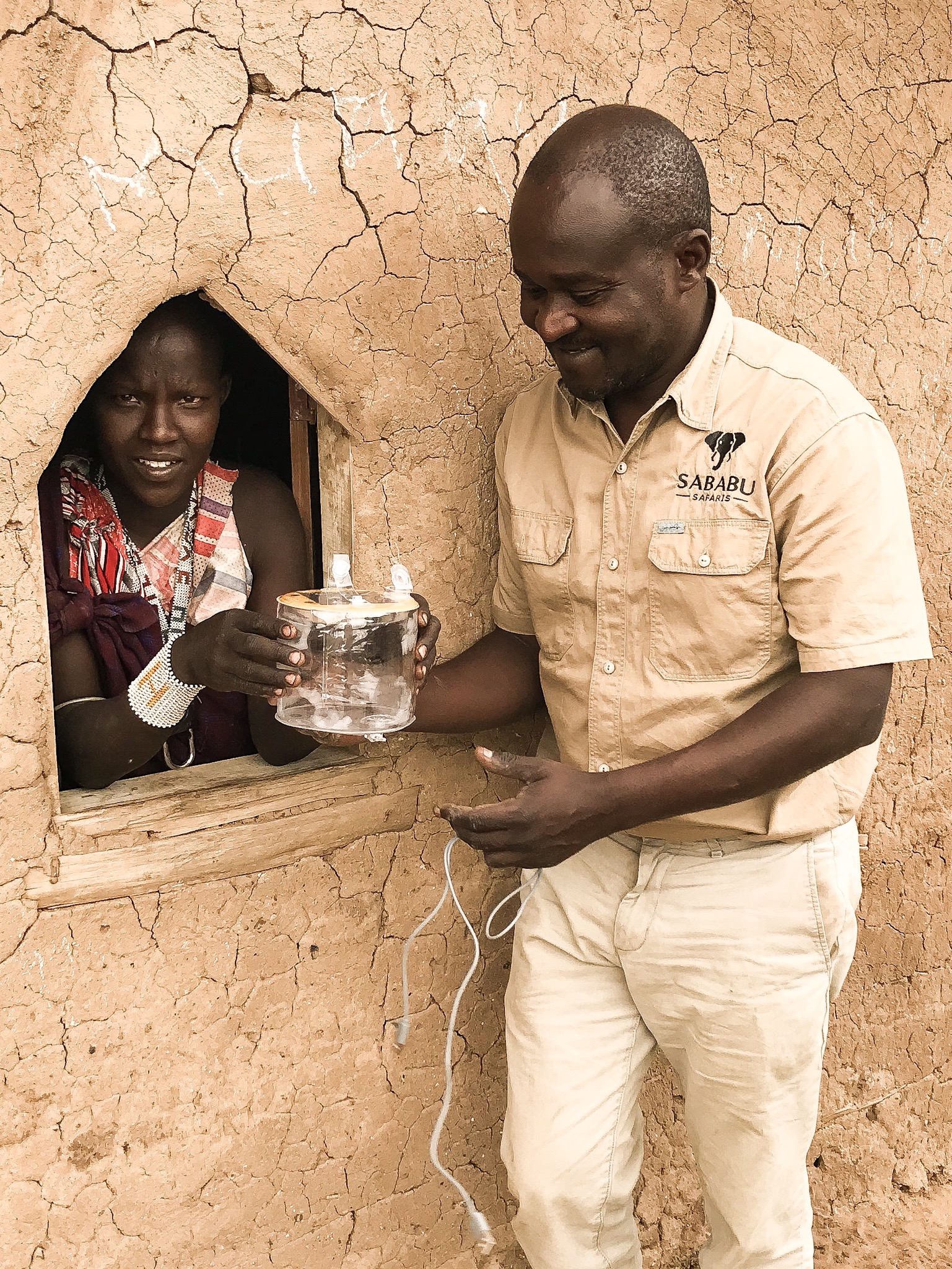How to Book a Sustainable African Safari
Picture this: After years of dreaming about an African Safari, you have made it to Tanzania. You are sitting in the game drive vehicle wrapped in a warm blanket with a hot coffee while watching a pride of lions playing in the grass while the sun rises in the most magnificent color orange. Everyone wants to witness the Great Migration and the magic of Africa, but how do you do it in an ethical, sustainable way?
There are a lot of tour operators for African destinations and it is important to support ones that are giving back to and uplifting the local communities that they work with and contribute to conservation.
Here are five tips on how to book an ethical, sustainable safari:
Local Staff / Community Uplift
If a tour operator employs local staff and/or works with safari lodges and camps that employ a good amount of local staff, that is a great sign! A commitment to local staff members signifies the commitment to involving and uplifting the community around them. Interacting with and learning from the locals will also provide you with a more immersive and meaningful experience. That is why we at Sababu Safaris visit the local communities on our safaris and distribute solar lights as a clean energy source for families living without electricity. You will gain a deeper understanding of the country and its people, which is one of the major reasons we travel, and you will travel with a purpose!
If you are looking to book an ethical safari, book with a tour operator who has been involved with and linked to the local community for a while. For many places in Africa, tourism is a main source of income. Protecting and conserving wild places and its animals becomes much easier when people in the local communities are reaping the benefits of tourism. When tour operators and hotels involve local people in tourism operations, those locals become ambassadors for the ecosystem and wildlife around them; as they see firsthand how it drives tourism and how their community can benefit from it.
Wildlife Conservation
The abundance of wildlife in Tanzania is one of the driving factors of tourism. Unfortunately, wildlife and their habitats have been negatively affected by Covid through the rise in poaching – due to the loss of jobs and income streams in local communities. Rangers weren’t able to patrol the national parks anymore as much as pre-Covid times, and safari vehicles, which are usually a deterrent for poachers, were largely missing. Booking a safari supports the national parks and game reserves that you visit through paying their park and conservation fees, which go towards the maintenance and protection of the parks, and to anti-poaching and other efforts. Here are a few more tips on how you can support conservation during your safari.
Eco-Friendly Lodges & Camps
Choosing an eco-friendly stay while planning your safari can help ensure that you are traveling in the most sustainable way possible. As many of the camps are located inside of national parks or game reserves, they exist within a fragile ecosystem. Ensure that your tour operator has done the due diligence to work with camps that are low impact and leave little footprint on their environment. Signs of sustainability are solar power, no single-use plastics, efficient water and energy use, and a commitment to an environmental program or non-profit organization. Sustainable properties ensure that local communities are treated with respect, that nature is not disturbed and that guests have the opportunity to maximize their positive impact.
Also, insist on staying at properties that are owned and run by local people. This ensures that your tourism dollars benefit and stay within the country you are visiting, and you are not fueling an international big box company whose headquarters are based outside the country. Besides, the small, local, intimate lodges and camps usually provide a more authentic safari feel anyway! Sustainable accommodations highly value local communities and operate their business in a way the community directly benefits. They support local initiatives such a schools and community centers and give back to the community.
Women’s Empowerment
The safari industry is significantly male dominated, so finding a tour operator that supports lodges that are committed to gender equal employment is important! Working with properties and organizations that prioritize female employment in their company is extremely important to our co-founder Denise. That is why we work closely with Solar Sister, an organization that empowers women entrepreneurs and provides clean energy to the local communities at the same time. And we will let you be a part of this on our safaris!
Off the beaten path destinations
The most famous national parks and game reserves in Tanzania definitely live up to the hype. If you choose to visit a lesser known location such as Katavi National Park, Ruaha National Park or Mahale Mountains National Park, your social impact will be even greater by reducing foot traffic in the large reserves. In peak seasons the most popular national parks can become swamped with tourists; choosing to visit other areas takes the pressure off of wildlife hotspots. Additionally, spending your time and money on safari at lesser known areas helps to uplift the small communities that are the building blocks to providing your safari experience. And fret not, your game drive sightings will be just as incredible!
If you are interested in booking your dream safari that has little negative impact on the environment but a lot of positive impact on local communities and conservation, contact us!












